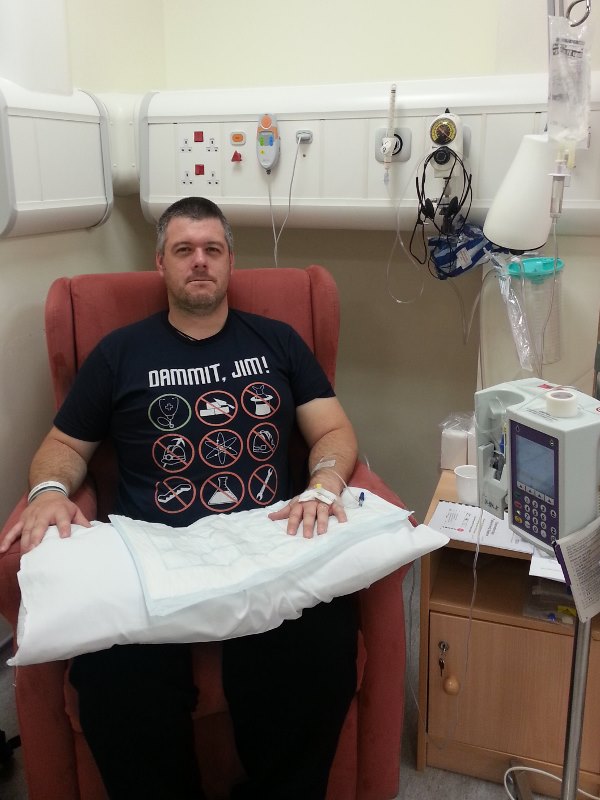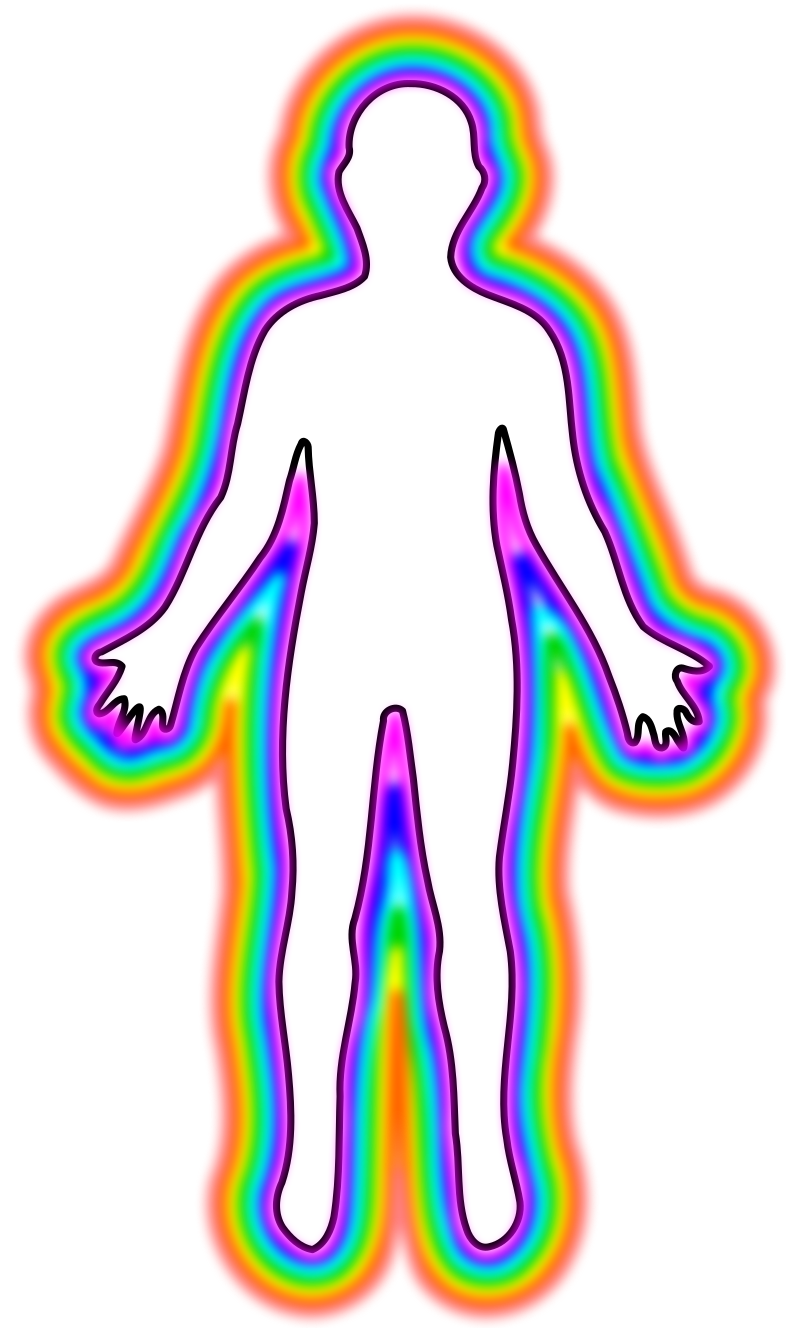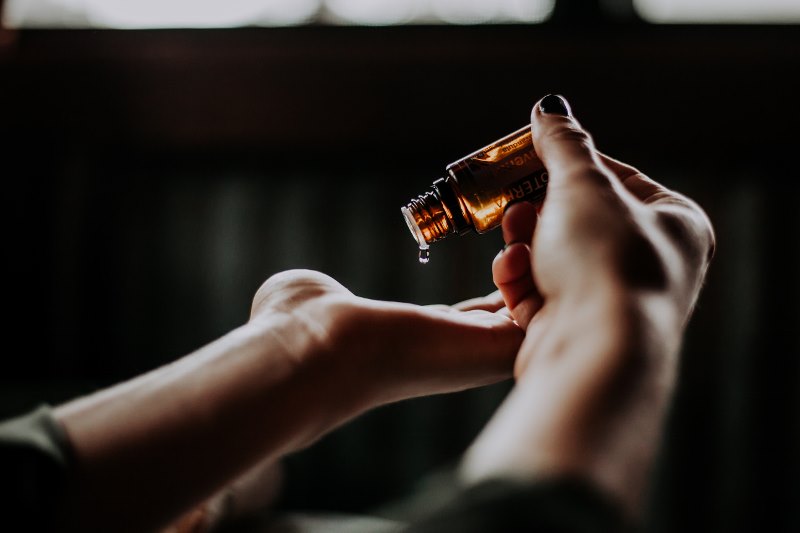When I was diagnosed with bowel (colon) cancer, back in 2014, I was a British citizen living in England. I still am, of course, I only mention this because we have the National Health Service (NHS). The NHS is a universal health care system, which is free at the point of delivery. This meant that, within a matter of weeks, my conventional cancer treatment had started. This treatment is still ongoing and I have a follow-up colonoscopy on Wednesday. And it’s all been free, to me. Having free access to the range of conventional cancer medicine has meant that I haven’t been forced to consider things like complementary and alternative cancer therapies.
In countries that don’t have universal health care, ones that rely on health insurance, cancer treatment can be very expensive. Especially if you don’t have insurance. This means that some people simply do not have enough money to pay for conventional cancer therapies. Which, in turn, means that they will forced to look elsewhere. In terms of cancer, these alternatives are known as Complementary and Alternative Medicines and Therapies. Or CAMs.
But , in reality not all CAMs are the same. In fact, complementary cancer therapies are very different to alternative cancer therapies, particularly in how they relate to conventional cancer therapies.
I think that it’s about time I explained these terms.
Conventional Cancer Therapies, Treatments and Medicines
These are the types of treatments that are offered by doctors, hospitals and scientists. They are the types of treatment that have been shown to be the most effective, during human testing and in peer-reviewed studies. They also show the best results in treating cancer patients. These types of treatments include:

I was simply going to let the links, in the above list, speak for themselves. But it occurs to me that I don’t know what half of this stuff is. Sure, I’ve had surgeries on my lower intestine, liver and lung. And, yes, I’ve had different chemotherapies, in 2014 and 2016. But I don’t know my ‘hormone therapy’ from my ‘monoclonal antibody therapy’, which means that I need to do a post on conventional medicines. It seems a lot has changed in the last five years. Which, I might add, is very encouraging news.
Alternative Cancer Therapies, Treatments and Medicines
In contrast to conventional treatments, alternative treatments are not offered by medical professionals. Alternative medicine is used instead of conventional medicine. Alternative treatments offer a range of options, which have not undergone effective human testing or been peer-reviewed. For the most part, they have either been not shown to work, or shown not to work.
The examples of alternative cancer therapies are many and varied. Instead of going into them here, I will devote a post to them in the coming month.
Complementary Cancer Therapies, Treatments and Medicines
These are the reason that we’re here today. Complementary therapies, treatments and medicines are used with conventional cancer treatments. And, while they are unlikely to be prescribed by a medical professional, they might be suggested by one.
This isn’t to say that complementary cancer therapies will cure your cancer but they might help you feel a bit better. And, at the very least, they’re unlikely to set your treatment and recovery back.
The exact definition of what constitutes a complementary cancer therapy is very tricky to pin down. Some complementary therapies are also promoted as alternatives to conventional treatments. Likewise, some complementary therapies are so regulated that they verge on being conventional treatments. The key, with this latter point, is whether the name of the treatment or therapy has a protected title and needs formal, professional qualifications to practice. Dietitian, for example, is a protected title, whereas Nutritionist is not. I could, legally, call myself a nutritionist, despite my lack of any training or qualifications. Not so a dietitian.
In the U.K., the two main medical examples of this regulation of complementary therapies are in osteopathy and chiropracty. People describing themselves as osteopaths and chiropractors have to be trained and registered. As such, these practices are regulated. Chiropractors are sometimes even offered on the NHS. And, as we all know, the difference between an osteopath and a chiropractor is, the spelling!

Photo by Jesper Aggergaard on Unsplash
So, on the understanding that the defining definition of complementary cancer therapies is that they’re offered with conventional medicine, the MacMillan Cancer Support site offers the following list:
- Acupuncture
- Aromatherapy
- Art therapy
- Counselling
- Diet and food supplements
- Flower remedies
- Herbal remedies
- Homeopathy
- Hypnotherapy
- Massage therapy
- Meditation
- Mindfulness meditation
- Music therapy
- Reflexology
- Relaxation
- Self-help groups
- Shiatsu and acupressure
- Support groups
- Tai chi and Qi Gong
- Therapeutic touch
- Visualisation
- Yoga
Firstly, with the exception of a very few, none of these complementary cancer therapies are controlled or regulated. To take another example, anyone can call themselves a reflexologist. Sure, in the UK the CNHC coordinates the ‘profession’ and courses are available. But membership of the Council is on a voluntary basis and I can legally call myself a reflexologist. It’s not a protected title, very few on the MacMillan list are protected titles. If you’re interested in trying any of these complementary cancer therapies, you need to do your own due diligence to find a competent practitioner.
Secondly, practitioners of these therapies are going to charge for their services, and it’s unlikely to be cheap. Sure, it won’t cost the same as conventional medicine but it’ll certainly set you back, which brings me on to how effective these treatments are.
Thirdly, these treatments are not considered to be effective. Such benefits that are observed are usually attributed to the Placebo Effect. Now, I do understand how trite and arrogant that such a statement sounds. The thing is that the placebo effect is well studied and is known to exist. My point is, however; what does it matter? If the only reason that you feel better after a treatment is down to the placebo effect, you do still feel better. To which end, if complementary cancer therapies help you get through your conventional treatments, and you can afford the expense, I say; go for it.

Fourthly, having said that, if the complementary treatment you’re thinking of, involves putting chemicals in, or on, your body, talk to your oncologist first. Things like aromatherapy, diet and food supplements, flower remedies and homeopathy all potentially add chemicals to your system. Well… maybe not homeopathy…! Anyway, these complementary chemicals might impact on the conventional chemicals that you’re receiving at the hospital, thus rendering them ineffective. I accept that this is improbable, but why risk it. Talk to your oncologist first.
In terms of the complementary cancer therapies that I haven’t mentioned yet, they can be broadly split into two categories:
- Those aimed at your physical well being
- Those aimed at your mental, emotional or spiritual well being
In terms of the physical therapies, you’re looking at yoga, tai chi and qi gong. By and large, I think that any form of exercise that you can take during your cancer treatments is only going to be beneficial. Do as much of this exercise as you can to keep your body in shape. A healthy body will help you recover from your treatments. Furthermore, if your medical professionals can see that you’re taking care of yourself, they’re more likely to put you forward for treatments, because they’ll be more confident that you can handle them.
Parallel with these physical therapies is the incredibly broad ‘diet and food supplement’ category. In terms of supplements, you’re far better getting the vitamins and minerals that you need as part of a healthy, balanced diet. By all means, take a daily multivitamin, if you like, but don’t go above the recommended daily dose on anything. At worst, this can cause you harm; at best, you’re just making really expensive urine. Do, on the other hand, use your diet to keep your weight at a healthy level. And, if you’ve got bowel cancer, a vitamin D3 supplement may do you some good.
In terms of the psychological, most of the others apply. Either directly, with things like counselling and mindfulness, or indirectly with things like art or music therapy. Again, getting control of your mental, emotional or spiritual well being is of vital importance. If you think any of these complementary cancer therapies will help you achieve an equilibrium of your mind, then do them.
It is very easy to get lost in fear and depression, when you’re dealing with cancer. Do whatever it takes to prevent this happening. Or recovering from it, if it does happen. I’ve seen a counselor. I’ve tried mindfulness. My self-help group is my wife. And, through the combination of these things, I’ve found peace with my situation. It’s not always the most stable peace, particularly in the run up to scan results… or colonoscopies. But, by and large, it works for me.
Find something that works for you…

Photo by CATHY PHAM on Unsplash
So, there you have it. Providing that complementary cancer therapies are being used with your conventional treatment, and not instead of it, I think they have the potential to be useful.
If they can get your body and mind in order, they’re useful.
If they can offer you distraction and/or relaxation, they’re useful.
On the flip side, they’re not cheap and they don’t do anything to treat cancer. Except through the placebo effect. You should also be aware that most of them are listed, on their respective Wikipedia pages, as pseudoscience.
Oh, and there’s no excuse for homeopathy…
So, while complementary cancer therapies cannot cure cancer, they can probably help you get through your conventional cancer treatments. And that’s nothing to be sneezed at.

2 thoughts on “What are Complementary Cancer Therapies?”
I’m praying and hoping for positive news from your Wednesday colonoscopy. I’ve thought of you so often since your kind, informative answer to my question on Quora.
Hi Kathy,
Thanks for your kind words.
I hope everything has been positively resolved for you, in relation to what we discussed?
Take care of yourself,
Paul